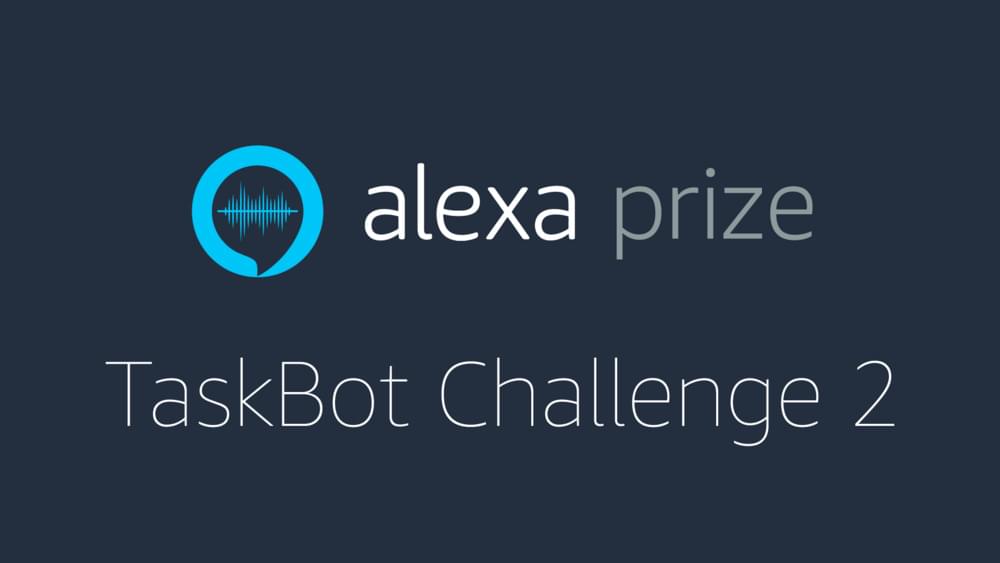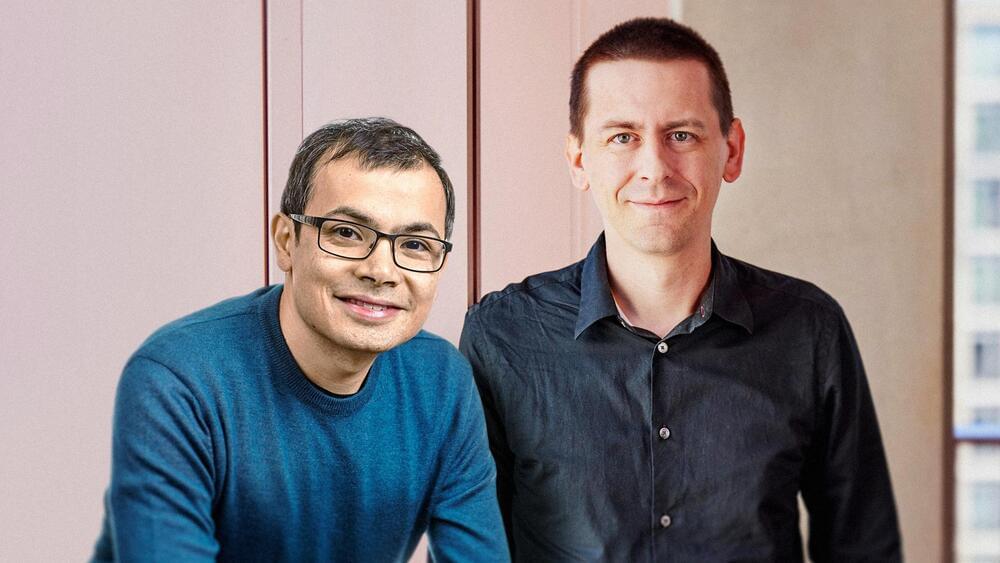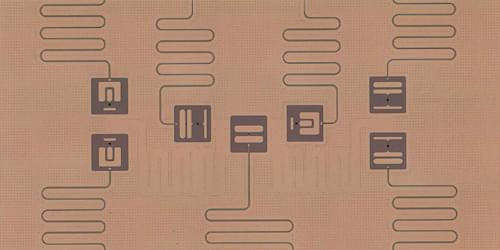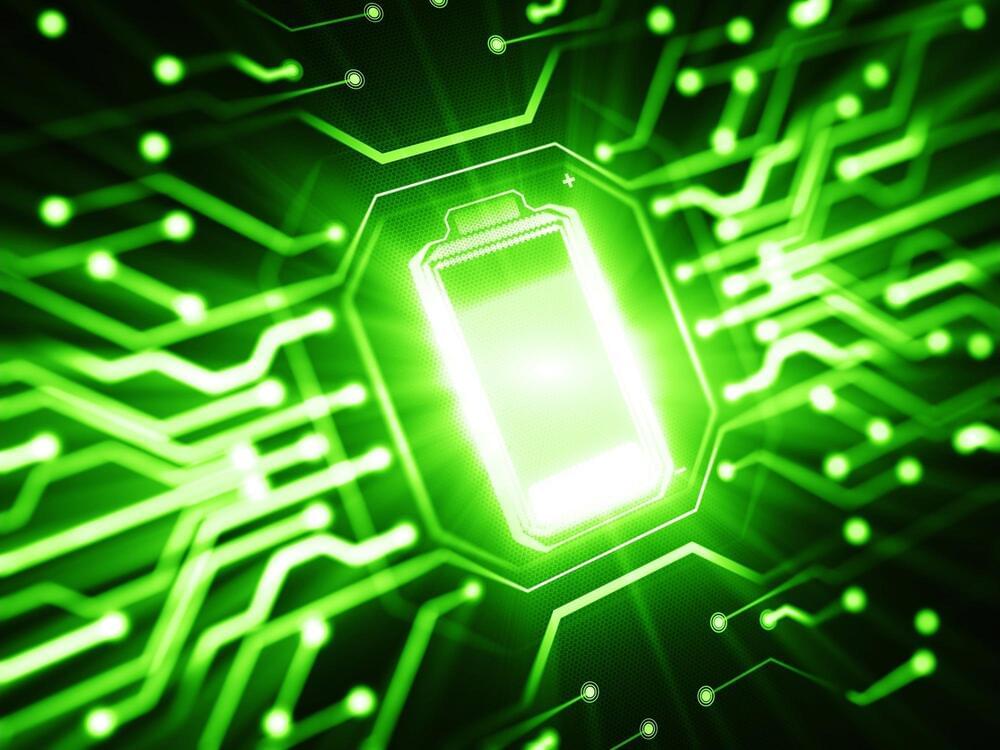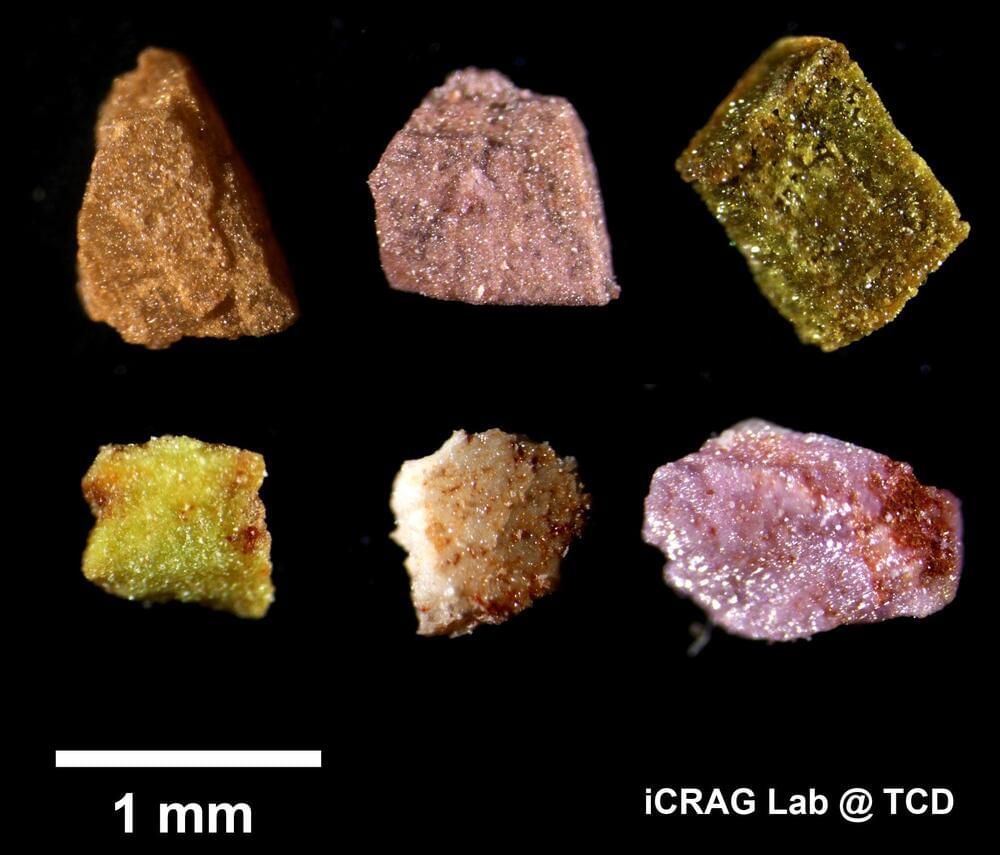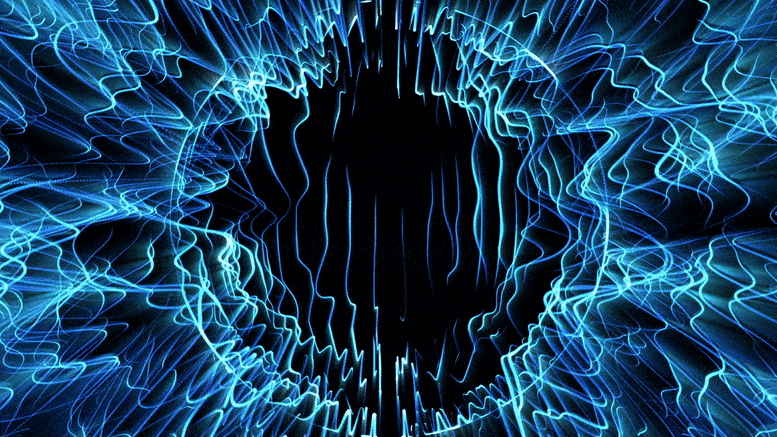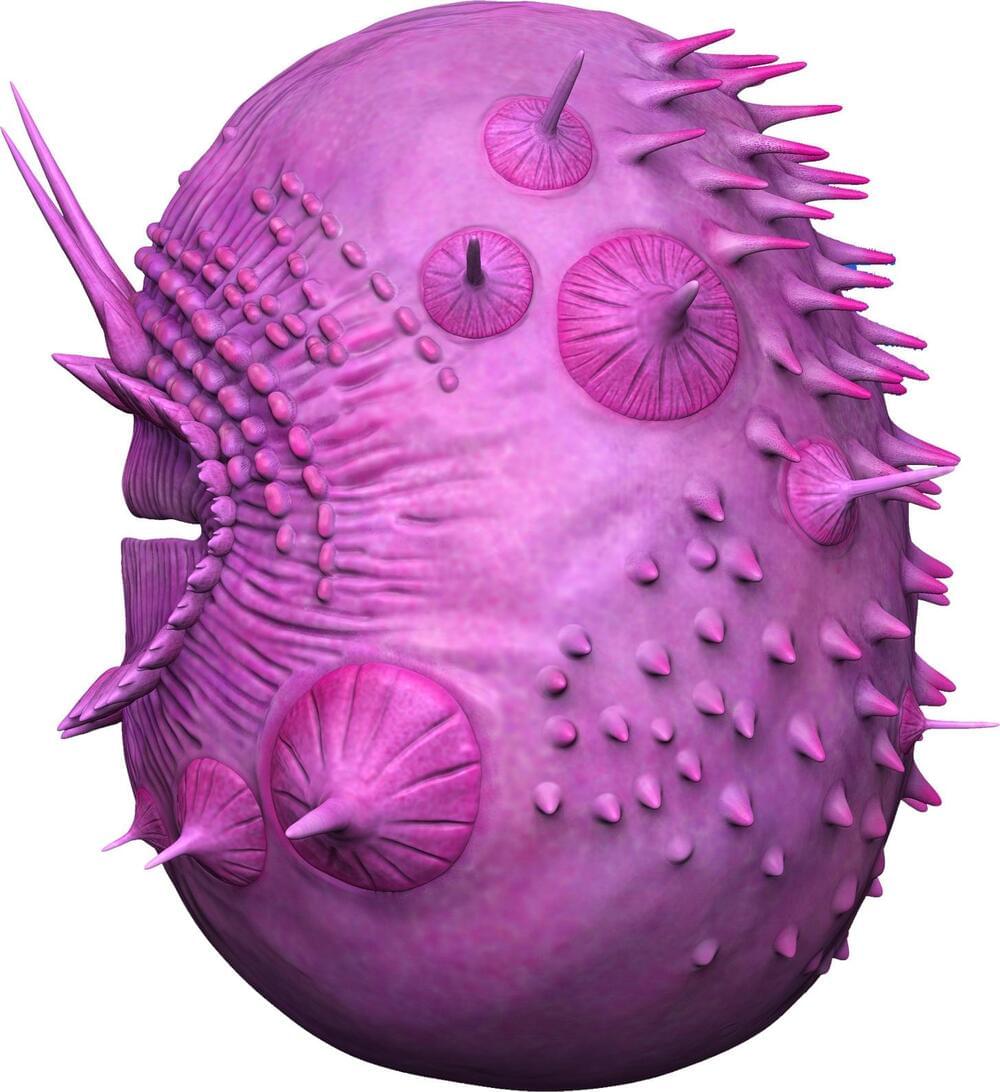Sep 22, 2022
‘Father of quantum computing’ wins $3m physics prize
Posted by Dan Kummer in categories: computing, quantum physics
A theoretical physicist who has never had a regular job has won the most lucrative prize in science for his pioneering contributions to the mind-bending field of quantum computing.
David Deutsch, who is affiliated with the University of Oxford the $3m (about £2.65m) Breakthrough prize in fundamental physics with three other researchers who laid the foundations for the broader discipline of quantum information.

